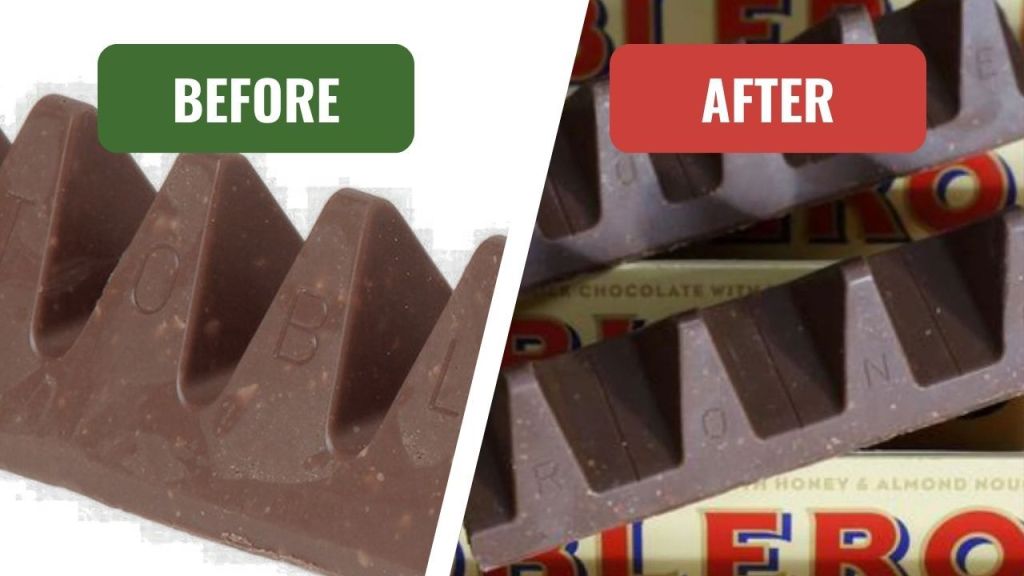I’ve seen amazing results with the ketogenic diet — over 10 kg weight loss and dropping 11% body fat within 3 months. It has been a visible transformation. I went from a size Large to a size XS and am fitting into clothes from my junior college days (oh yeah!). The sustained weight loss isn’t harsh on my physiology; there is more energy and vitality in everyday life, less bloating and water retention and more mental clarity… all the while gorging on ghee, butter, cream, eggs, mutton and leafy greens (which I love).
Never one to follow any “diets”, I did not believe keto would make a difference to my gut health [that was the motive, weight loss was a happy side effect]. I joined my brother a month after he went strictly keto and my sis-in-law joined in after seeing the change in us both.
I have been getting a lot of queries from friends and strangers about keto. Some well-meaning (or curious) folk ask:
“Don’t you get hungry?”
“If you can’t eat bread, rice, chapatis or pasta, what do you eat? Air?”
“… but the body needs carbs and sugar. They give energy”

To put these doubts to rest, I am doing a series of posts on the ketogenic diet — guides, expert interviews, researched articles and also recipes I came up with to adjust the meal plan to my palate.
Rather than spouting knowledge on this low-carb high fat diet, I am opening the “keto” series with an expert interview. I’ve found the website NutritionAdvance.com to be the most resourceful when it comes to low carb nutrition in general and the ketogenic diet in particular. It has free downloadable ebooks, recipes and articles on keto-friendly foods with exact calorie counts (yet it maintains “nutrient density comes first”). Nutrition Advance Founder and Editor Michael Joseph is a Nutrition Educator and (in my humble opinion), the best person for an introduction to those who want to get started on keto.
I grilled him about why it works, beginner mistakes, types of keto and best resources. Over to Michael:
What makes the ketogenic diet so effective?
Michael: There are several things. Namely, the fact that cutting down on carbohydrate stabilizes blood sugar and reduces food cravings. In addition, the higher dietary fat and protein intake encourage satiety, which means that people can eat a smaller amount of food while still feeling satisfied and full.
In contrast, a typical calorie-restricted diet often leaves people stressed and craving unhealthy foods.
What are some of the mistakes beginners make on this diet?
Michael: Not eating enough fat would be the first thing. Some people don’t truly lose their fear of fat, but if you’re going to cut out your carbohydrate source of energy then fat should be replacing it.

It’s also important to ensure a sufficient intake of electrolyte minerals — sodium, potassium, and magnesium. When we restrict carbohydrate, our glycogen levels (stored glucose in the muscles and liver) deplete and insulin levels fall. Both glycogen and insulin encourage the body to store water, so as they fall we lose this excess water along with many electrolytes. Therefore, it’s essential to focus on getting enough of these electrolytes during the adaptation phase to avoid the so-called “low-carb flu” some people experience.
Can keto be followed as a lifestyle rather than a short term diet?
Michael: Definitely. During certain periods of history, it [ketosis] was likely the default biological state for many different tribes of humans, especially during the ice ages. The diet is sustainable and full of delicious and nutrient-dense food. It can, therefore, be a great diet for people who want to follow the lifestyle [as a meal plan]. No diet is right for everyone, but it’s certainly healthy if properly implemented.
What are the sub types in the ketogenic diet?
Michael: There’s the standard ketogenic diet (SKD), targeted ketogenic diet (TKD) and the cyclical ketogenic diet (CKD).
TKD means targeted ketogenic diet and allows for some carbs around the time of working out. CKD is similar but rather than having the carbs around workout time, dieters eat a standard ketogenic diet for most of the week and then eat carbs on the remaining day or two. These two carb-cycling diets (CKD and TKD) are mainly popular in the sporting/bodybuilding area.
Personally, I think just eating the standard ketogenic diet is a better idea. If someone wants to consume a few more carbs, then a more liberal low-carb diet would suffice (somewhere between 50 – 150 gm per day).
Which resources would you recommend for someone starting out on keto?
Michael: There is a book called The Art and Science of Low Carbohydrate Living [authors: Jeff S Volek and Stephen D Phinney] that is a brilliant read. It fully explains the WHY in regard to a keto or low carb diet.
Some other great resources are the sites The Diet Doctor and Ditch The Carbs. Both provide tonnes of information and tasty recipes, yet in a way that’s accessible to the general public.
Michael Joseph believes in living fully with real food and a healthy lifestyle. His website Nutrition Advance has in-depth information and free ebooks on keto, low carb eating and nutrition. Or follow on social media:
Facebook | Twitter | Pinterest
Coming up next: What you don’t know about nutrition could be killing you. In Part 2 of the interview.
Still hungry? Click on the links below to read the latest articles on the ketogenic diet:
- The Best Diet For Fat Loss: Ketogenic Diet – Tub of Cash
- Friday Food (Almond Keto Bread) – Priorhouse blog
- Will going KETO help break the weight loss plateau? – Brilliance within
- Easy keto meatballs recipe – Hip 2 Save
- Keto works – Field notes from over the hill
- How to go keto the right way – Standing Strong Wellness
- Keto/Low Carb Cheesy Bread Sticks – Paleo moms
- Sleepless nights on keto – Magnetra’s Home







Leave a comment